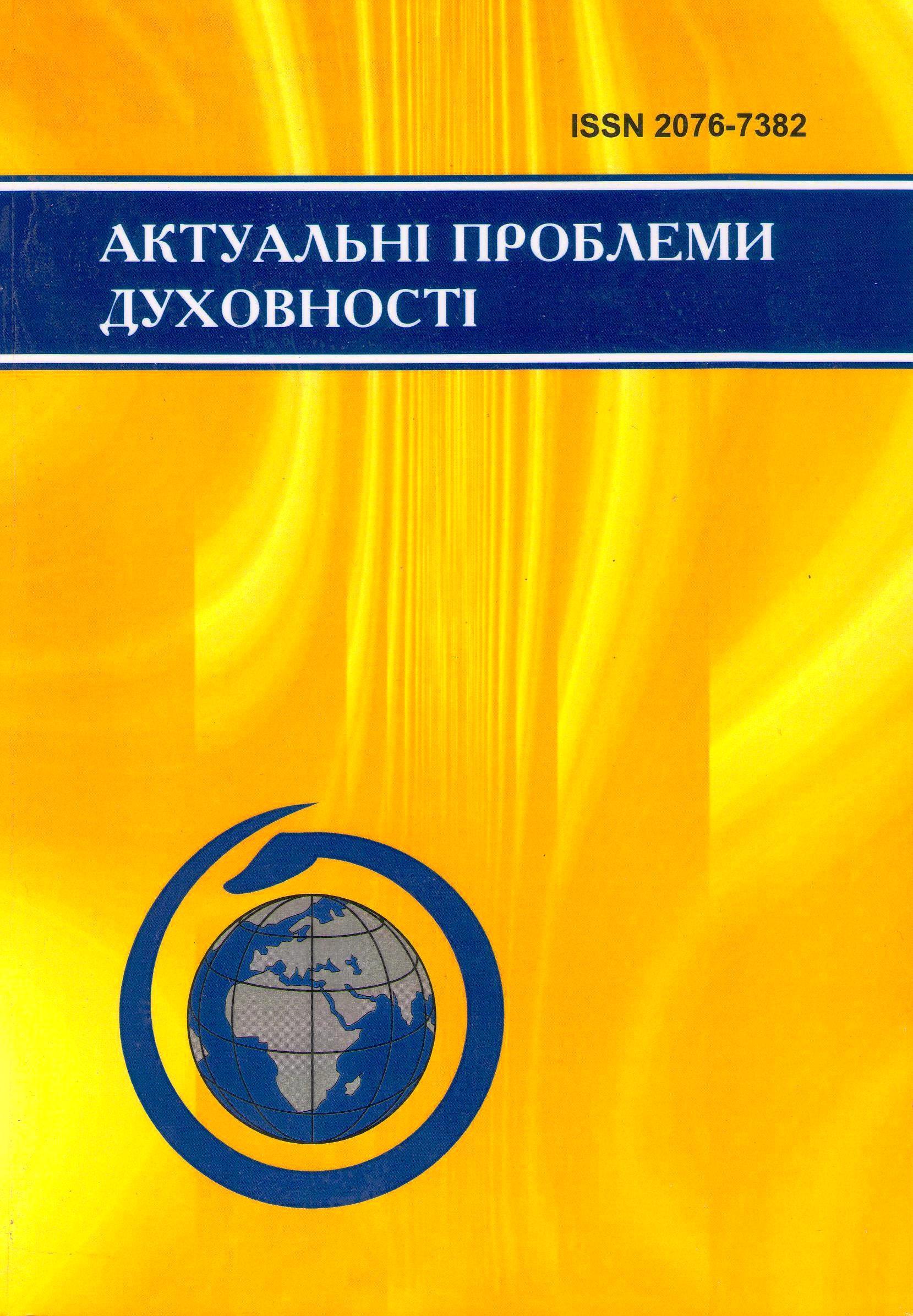T. Reid's Philosophy: The Critique of the Lockean Concept of Personal Identity
DOI:
https://doi.org/10.31812/apd.v0i22.4459Keywords:
Reid, Locke, personal identity, person, personhood, consciousness, mind, memory, intellectual powers, Reid, Locke, personal identity, person, personhood, consciousness, mind, memory, intellectual powersAbstract
The paper considers T. Reid’s life, philosophical thought, and critical remarks of the Lockean theory of personal identity. This paper can be viewed as a general introduction to T. Reid’s philosophy. The paper consists of several main sections. At first, the article outlines biographical key events biography. The second section of the paper concerns history of creation, structure, ideas and main topics of T. Reid’s magnum opus in epistemology, “Essays on the Intellectual Powers of Man”. Reid refers to the category of identity twice: he considers it as a fundamental category of philosophy and as a feature of a person. The paper considers T. Reid’s critical analysis of the Lockean theory of personal identity. It states that T. Reid tries to give a more precise and explicit definition of “personal identity” in comparison to Locke’s definition. T. Reid defines identity as a continued existence of an intelligent being over time. T. Reid shows that the Lockean view is methodologically inconsistent, as the Lockean definition of a person and views on personal identity contradicts each other. He provides several arguments to show that. They are as follows: (1) identity, based on consciousness, is violated with ease because of forgetfulness; (2) memory cannot be the criteria of personal identity as memory is its evidence; (3) consciousness is mental faculty that distinguishes people from other creatures, but it is the same for all people, so it cannot explain individual differences between two people. The fourth section of the paper considers the concept of “consciousness”. The paper argues that there is a difference in its interpretation by Locke and Reid, which led to T. Reid’s misunderstanding of J. Locke’s philosophical ideas. This difference is the following: for Locke consciousness includes memory and perception, spreads from the past to the present, while for Reid it concentrates exclusively on the present and is different from memory and perception.
Downloads
References
Butler J. Pro identychnist osobystosti. Aktualni problemy dukhovnosti. Kryvyi Rih : KDPU, 2018. Vyp. 19. S. 105-110.
Flew A. Locke and The Problem of Personal Identity. Philosophy. 1951. Vol. 26, No 96. P. 53-68.
Locke J. An Essay Concerning Human Understanding / ed. by A. S. Pringle-Pattison. Oxford : The Clarendon Press, 1924.
Strawson G. Locke on Personal Identity: Consciousness and Concernment. Princeton and Oxford : Princeton University Press, 2011. 261 p.
Reid T. Essays on the Intellectual Powers of Man / ed. and abridged by A. D. Woozley. London : Macmillan, 1941.
Reid T. Essays on the Intellectual Powers of Man: a Critical Edition / ed. by D. R. Brookes. Pennsylvania : The Pennsylvania State University Press, 2002.
Thiel U. The Early Modern Subject : Self-consciousness and Personal Identity from Descartes to Hume. Oxford : Oxford University Press, 2011. 483 p.
The Cambridge Companion to Thomas Reid / ed. by T. Cuneo, René van Woudenberg. Cambridge : Cambridge University Press, 2004.
Ware O., Ainslie D. C. Consciousness and Personal Identity. The Routledge Companion to Eighteenth Century Philosophy / ed. by A. Garrett. New York, London : Routledge. 2014. P. 245-264.
Weinberg S. The Metaphysical Fact of Consciousness in Locke’s Theory of Personal Identity. Journal of the History of Philosophy. 2012. Vol. 50, No 3. P. 387-415.
Wolterstorff N. Thomas Reid and the Story of Epistemology. Cambridge : Cambridge University Press, 2001.
Downloads
Published
Issue
Section
License
Copyright (c) 2021 Олена Євгеніївна Оліфер

This work is licensed under a Creative Commons Attribution 4.0 International License.





